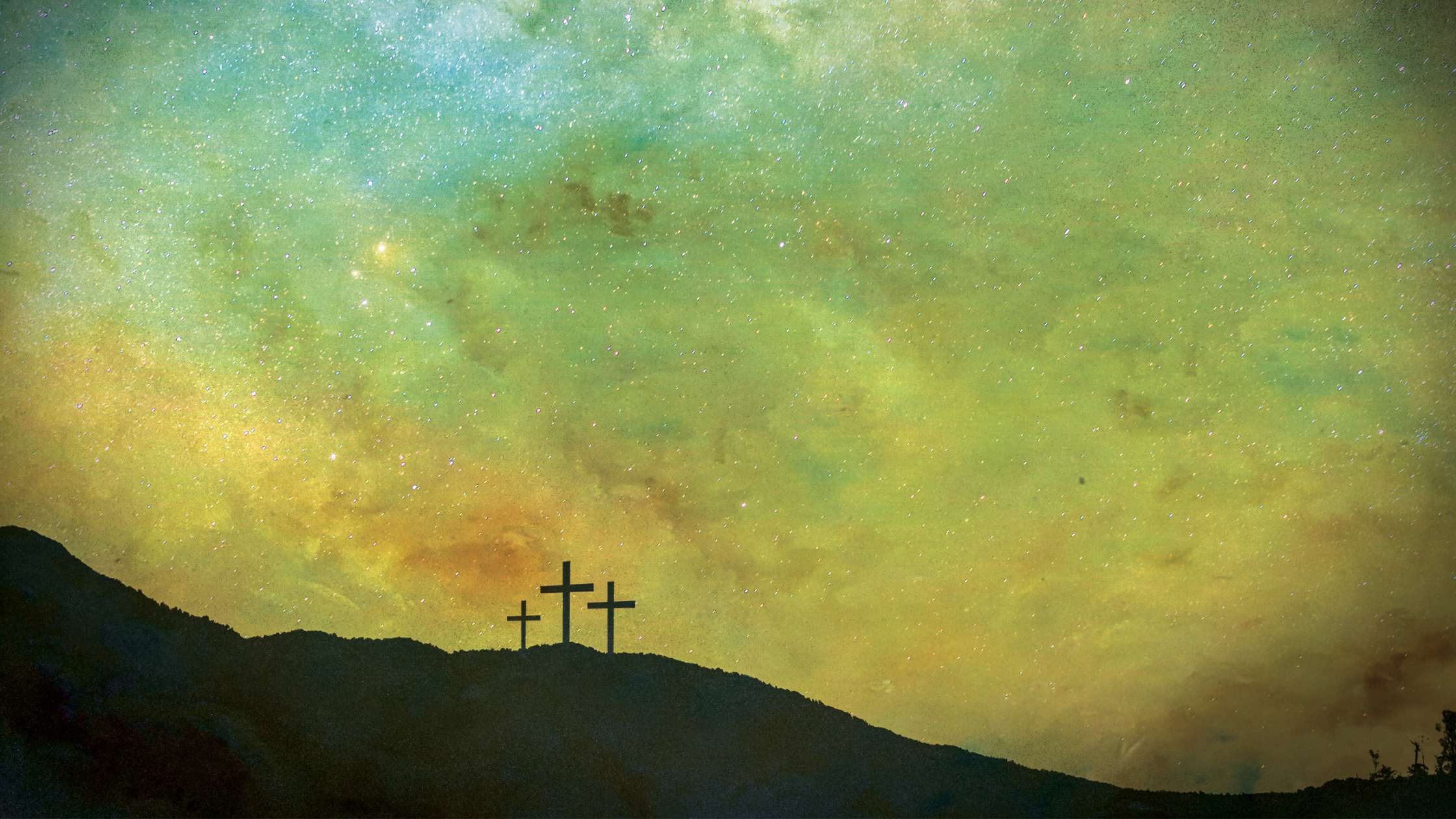Since 2022, the traditional Māori festival of Matariki has been marked by a new public holiday. There are many aspects to this time of the year which can be welcomed by Christians, and by people of any or no faith: a long weekend, an acknowledgement of the traditional Māori New Year, a recognition of the importance of Māori culture in Aotearoa New Zealand, some stargazing, gatherings and kai, the remembrance of those who have died, gratitude for seasons and harvests, and thinking about the year ahead.
However, Matariki as iwi Māori traditionally understand it, has some elements that Christians cannot embrace. These relate to the religious aspects of the festival. Christian faith – as is Judaism and Islam – is inescapably monotheistic. It is God alone who is the one living and true God (1 Thess. 1:9), God alone who made all things including the stars (Genesis 1), and God alone who must be worshipped and prayed to (Exodus 20:3).
One of the first texts of the Bible translated by the missionaries into Te Reo Māori and published in 1827 was Exodus 20:3 “You shall have no other gods before me”, the first of the Ten Commandments that have been foundational to Christian discipleship for 2000 years. Thus, when Māori converted to Christianity in such large numbers in the mid-nineteenth century, they renounced their allegiances and obligations to ngā atua (the traditional gods), and embraced Christian faith, worship, and practice.
In becoming Christians, Māori also changed their understanding of karakia (prayer). Karakia was no longer considered an incantation only spoken by a spiritual expert, a tohunga, but instead, words spoken from the heart of every believer to God the Saviour, as revealed in Te Paipera Tapu (Holy Bible). In that period, many written Christian prayers in Te Reo were developed for use in communal prayer.
Today, there are numerous Māori Christians who work very hard at navigating their faith and their culture in a way that is faithfully both Christian and Māori and which does not involve karakia to ngā atua (including those represented by the Matariki stars). Consider, for example, what Brad Haami says about Matariki here.
It needs to be recognised that some key advocates for the (re)establishment of Matariki as an occasion for national observance are not motivated or constrained by Christian concerns to worship God alone. Dr Rangi Matamua, a key adviser to the government on Matariki, sees the festival’s religious beliefs and spiritual rituals as central, and Matariki as involving a renewed honouring of the old Māori gods. 1 His stated desire is to reconstruct what he considers the Māori religion of the past. For Dr Matamua, such a move is appropriate in a post-colonial, re-indigenising Aotearoa. The official ceremony in 2022 which marked the establishment of Matariki as a public holiday included karakia and ritual sacrifice to the Matariki deities. On behalf of Te Arawhiti (The Office for Māori Crown Relations), Dr Matamua has also generated and published karakia for Matariki as a resource for schools and the wider public. 2 He has expressed the hope that Matariki will become the new marker of national identity for New Zealanders. 3 However his particular model for observing Matariki cannot really work for followers of Christ, and we should remain careful about how we might choose to participate in and mark this time of year.
Increasingly, many workplaces now require karakia before the start of staff meetings and other gatherings. The purpose of that is to acknowledge Māori tikanga (custom) and to honour iwi Māori as tangata whenua (the indigenous people of New Zealand). Where such karakia is Christian or obviously neutral, that is surely a good thing. But where such karakia invoke ngā atua, deities other than God, that does create a serious issue of conscience to all Christians, Māori or otherwise.
These are interesting times. Christians do need to be spiritually discerning, faithful, and gracious.









0 Comments